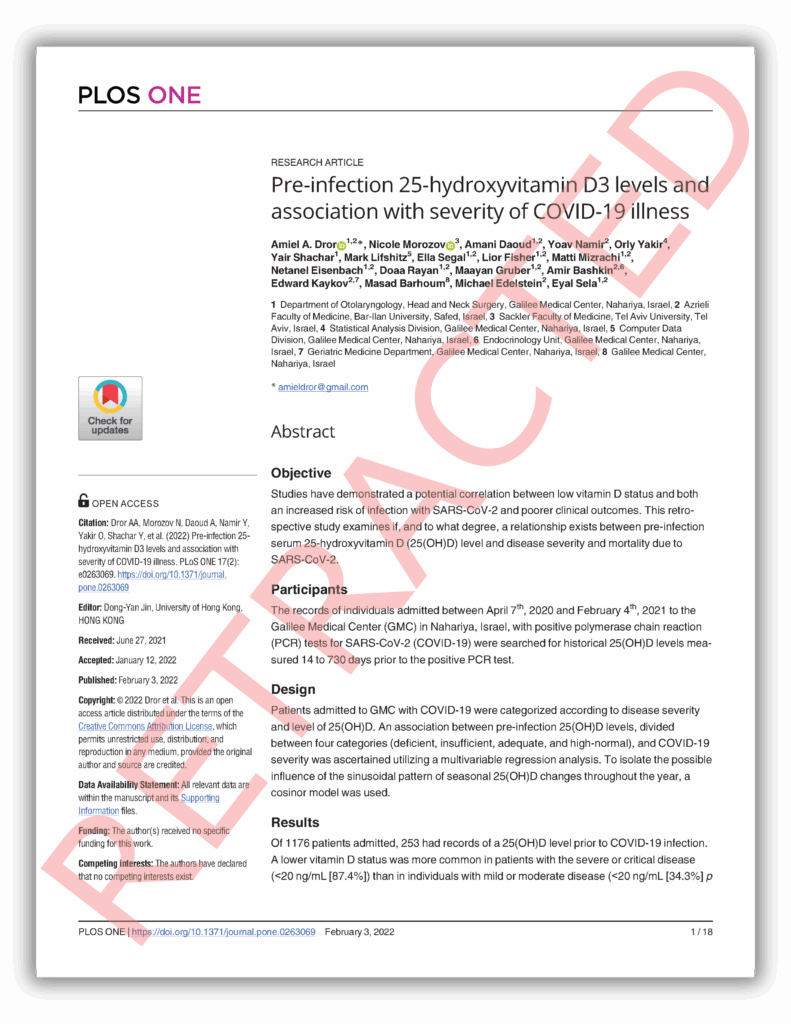Eight papers by two emeritus researchers from Duke University have been retracted in recent months for alleged image duplications. Although the researchers had worked at the university for decades, Duke officials have not responded to repeated inquiries about the retractions.
The papers were published between 2004 and 2014 in The Journal of Cellular Biochemistry and PLOS One. According to the retraction statements, the articles contained images and figures that appeared similar or identical to others in the same paper or published elsewhere.
The two researchers, Salvatore Pizzo, a former chair of Duke’s Department of Pathology, and his colleague Uma Kant Misra, spent much of their careers studying prostate cancer. From 1993 to 2015, Pizzo and Misra published 70 papers together, with 26 where they are the only authors. Pizzo did not respond to repeated emails from Retraction Watch asking for comment. Misra died Sept. 18.
Continue reading Duke scientists lose eight papers for alleged image manipulation







